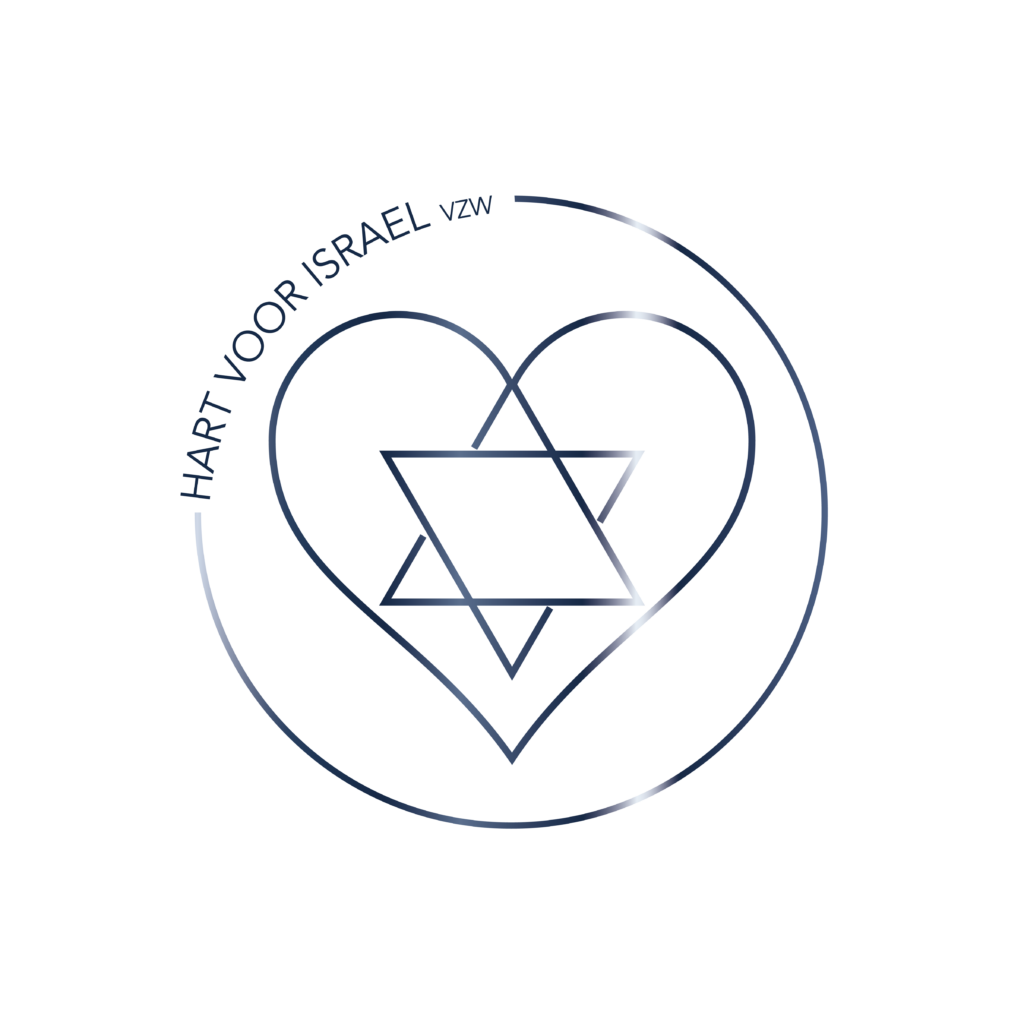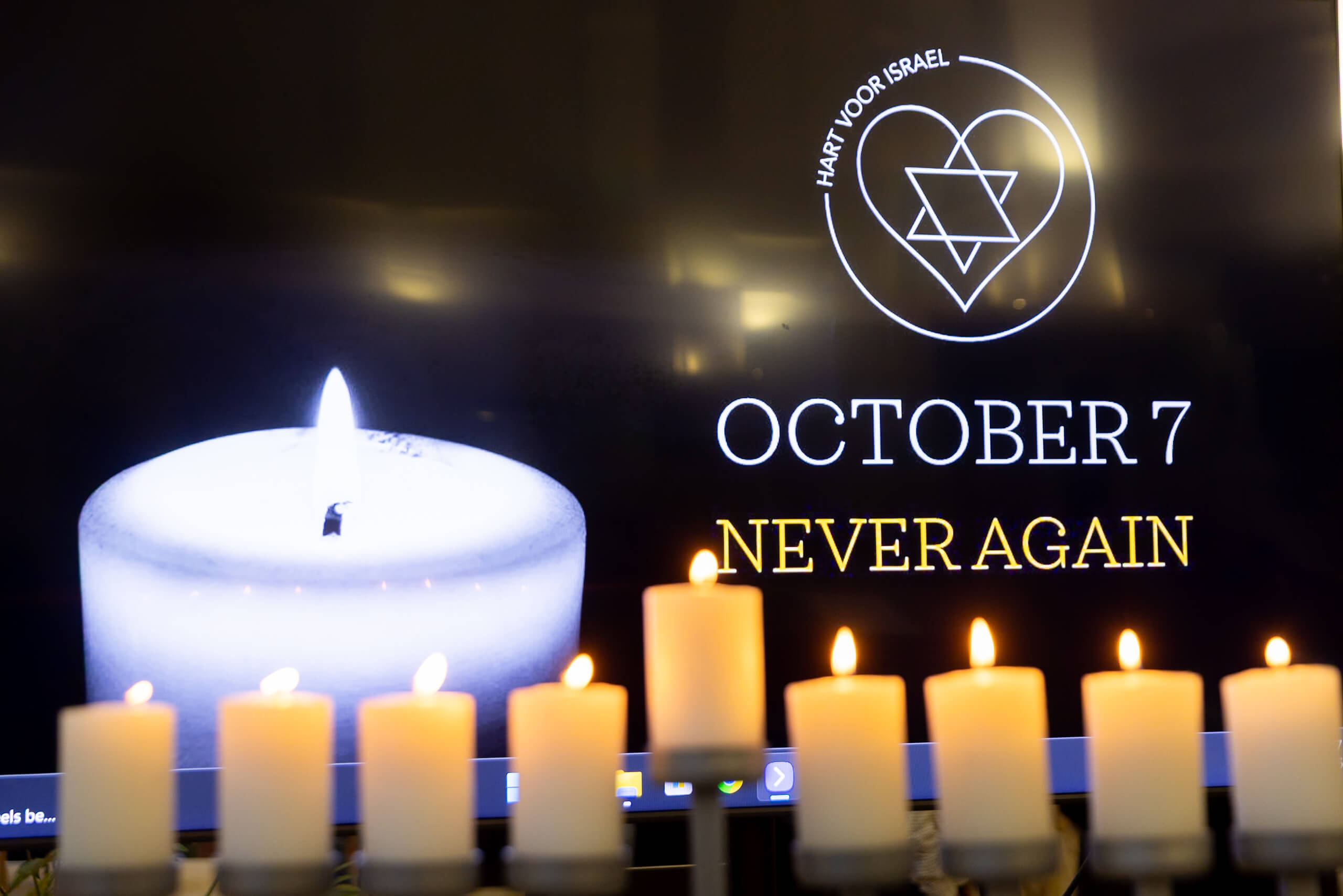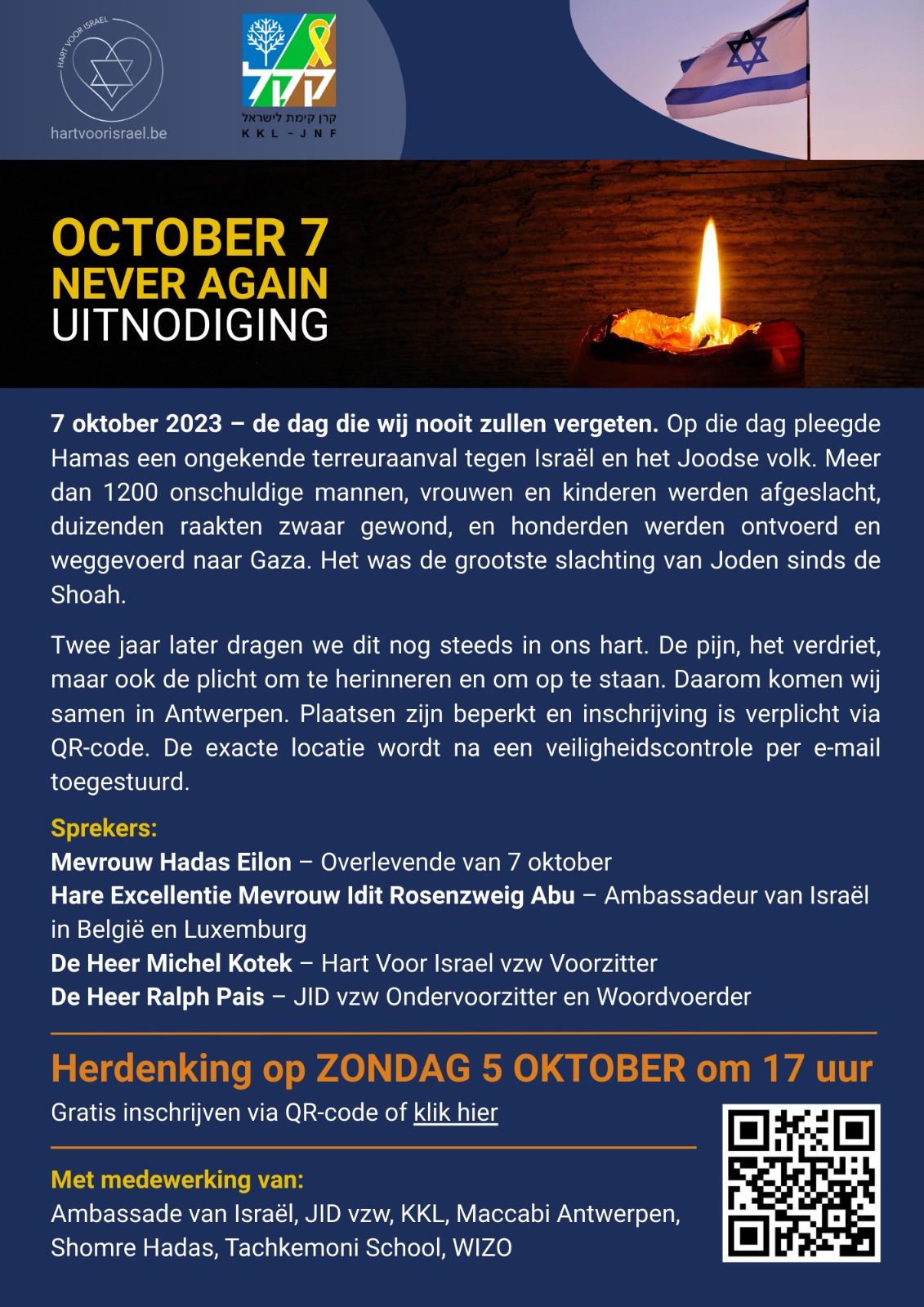(Nederlandse vertaling na de Engelse tekst)
Debunking the Genocide Myth: Why Allegations Against Israel Are Legally and Factually Baseless
Accusations that Israel is committing genocide in Gaza have been promulgated and amplified by political NGOs and media outlets, amongst others, creating a polarising narrative that lacks both legal substantiation and factual accuracy. These claims not only misrepresent the reality of the conflict but also trivialise the gravity of genuine genocides recognised under international law, in particular the Holocaust.
Understanding Genocide: The Legal Framework
The 1948 Convention on the Prevention and Punishment of the Crime of Genocide defines genocide as acts committed with the specific intent to destroy, in whole or in part, a national, ethnical, racial, or religious group. This intent must be proven beyond reasonable doubt, distinguishing genocide from other crimes, such as war crimes or crimes against humanity (UN Genocide Convention).
Recognised genocides, including the Holocaust, the Armenian genocide, and the Rwandan genocide, involved systematic, state-sponsored efforts to annihilate entire groups. These events resulted in catastrophic population reductions and were characterised by explicit intentions of destruction (Encyclopedia Britannica).
In contrast, the conflict in Gaza reflects a complex political and military struggle against the terrorist regime of Hamas and other radical groups intent on liquidating Israel and murdering Jews, rather than a deliberate, state-sponsored plan to annihilate a population. Accusations of genocide against Israel therefore fail to meet the stringent legal criteria established under international law.
The Misuse of the Term “Genocide”
Organisations like Amnesty International have accused Israel of genocide, but their reports lack rigorous legal analysis and rely on an ad hoc redefinition of the term ‘genocide’joden. These allegations fail to demonstrate the specific intent required under international law, relying instead on inflammatory rhetoric that inflames tensions.
Such accusations are not only unfounded but also mendacious, as they misrepresent the nature of the conflict and detract from genuine efforts to address humanitarian concerns. Misusing the term “genocide” trivializes its legal and historical significance, undermining the memory of genuine genocides and the gravity of international legal frameworks (Genocide Watch).
The International Court of Justice (ICJ) did not find evidence of genocide in Gaza
Recent proceedings at the International Court of Justice (ICJ), initiated by South Africa, brought allegations of genocide against Israel. However, the ICJ issued provisional measures that explicitly did not constitute a determination of genocide. These measures were precautionary, aimed at safeguarding rights pending further examination (ICJ Statement).
Judge Sebutinde’s dissenting opinion emphasised that no prima facie evidence of genocidal intent by Israel was established. She noted that allegations against Israel lacked the intent required under the Genocide Convention, rendering the claims legally unsustainable (ICJ Dissent, Sebutinde, 2024).
Accusations of genocide rely on manipulated and false statistics from Hamas
One of the hallmarks of recognised genocides is significant population decline in the targeted group. For example, the Tutsi population in Rwanda suffered a reduction of approximately 75% during the 1994 genocide (UNHCR Rwanda Report).
In Gaza, however, the Palestinian population has steadily increased over the past decades, contradicting claims of systematic annihilation (World Bank Data on Gaza). This population growth undermines accusations of genocide and highlights the lack of factual basis for such claims.
The myth of a Gaza genocide relies on casualty data from Hamas, repeated uncritically by mainstream media, particularly in Belgium. Recent research reports have shown that these casualty figures “systematically inflate the death toll by failing to distinguish between civilian and combatant deaths, over-report fatalities among women and children, and even include individuals who died before the conflict began” (Henry Jackson Society, 2024).
The Hamas figures therefore greatly inflate the true amount of non-combatant deaths and amount to propaganda.
Israel’s intent is to ensure its security after a Hamas attack, not eradicate a population
The Israeli Defense Forces (IDF) conduct operations aimed at neutralising terrorist entities, particularly Hamas, which is designated as a terrorist organization by the EU and the U.S. (European Commission on Terrorism).
The IDF’s measures to minimize civilian casualties, including advance warnings and evacuation notices, are inconsistent with genocidal intent. These actions underscore Israel’s focus on targeting combatants rather than civilians (IDF Humanitarian Measures).
The myth of a genocide in Gaza is deceitful
The absence of evidence for genocidal intent, the growth of the Palestinian population, and the inherently political nature of the Gaza conflict render allegations of genocide against Israel both legally and factually untenable. These accusations are not only false but also duplicitous, undermining genuine peacebuilding efforts and the credibility of international law.
Ontkrachting van de Genocide-mythe: Waarom Beschuldigingen Tegen Israël Juridisch en Feitelijk Ongefundeerd Zijn
Beschuldigingen dat Israël genocide pleegt in Gaza zijn verspreid en versterkt door politieke NGO’s en media-outlets, onder anderen, wat een polariserend verhaal creëert dat zowel juridisch als feitelijk geen basis heeft. Deze beweringen verdraaien niet alleen de werkelijkheid van het conflict, maar bagatelliseren ook de ernst van echte genocides die erkend zijn onder internationaal recht, in het bijzonder de Holocaust.
Begrip van Genocide: Het Juridische Kader
Het Verdrag van 1948 inzake de Voorkoming en Bestraffing van de Misdaad Genocide definieert genocide als handelingen die worden gepleegd met de specifieke intentie om een nationale, etnische, raciale of religieuze groep, geheel of gedeeltelijk, te vernietigen. Deze intentie moet buiten redelijke twijfel worden bewezen, wat genocide onderscheidt van andere misdaden, zoals oorlogsmisdaden of misdaden tegen de menselijkheid (VN Genocideverdrag).
Erkende genocides, waaronder de Holocaust, de Armeense genocide en de Rwandese genocide, betroffen systematische, door de staat gesponsorde pogingen om hele groepen uit te roeien. Deze gebeurtenissen resulteerden in catastrofale bevolkingsafnames en werden gekenmerkt door expliciete vernietigingsintenties (Encyclopedia Britannica).
Daarentegen weerspiegelt het conflict in Gaza een complex politiek en militair gevecht tegen het terroristische regime van Hamas en andere radicale groeperingen die erop uit zijn Israël te vernietigen en Joden te vermoorden, in plaats van een opzettelijk, door de staat gesponsord plan om een bevolking uit te roeien. Beschuldigingen van genocide tegen Israël voldoen daarom niet aan de strenge juridische criteria die zijn vastgesteld onder internationaal recht.
Het Misbruik van de Term “Genocide”
Organisaties zoals Amnesty International hebben Israël beschuldigd van genocide, maar hun rapporten missen rigoureuze juridische analyse en vertrouwen op een ad hoc herdefiniëring van de term ‘genocide’. Deze beschuldigingen slagen er niet in de specifieke intentie aan te tonen die vereist is onder internationaal recht, en vertrouwen in plaats daarvan op opruiende retoriek die de spanningen aanwakkert.
Dergelijke beschuldigingen zijn niet alleen ongegrond, maar ook misleidend, omdat ze de aard van het conflict verdraaien en afleiden van oprechte inspanningen om humanitaire zorgen aan te pakken. Het misbruiken van de term “genocide” bagatelliseert zijn juridische en historische betekenis, ondermijnt de herinnering aan echte genocides en de ernst van internationale juridische kaders (Genocide Watch).
Het Internationaal Gerechtshof (ICJ) vond geen bewijs van genocide in Gaza
Recente procedures bij het Internationaal Gerechtshof (ICJ), ingeleid door Zuid-Afrika, brachten beschuldigingen van genocide tegen Israël. Echter, het ICJ gaf voorlopige maatregelen die uitdrukkelijk geen vaststelling van genocide inhielden. Deze maatregelen waren voorzorgsmaatregelen, bedoeld om rechten te beschermen in afwachting van verder onderzoek (ICJ Verklaring).
Rechter Sebutinde’s afwijkende mening benadrukte dat er geen primair bewijs van genocidale intentie door Israël was vastgesteld. Ze merkte op dat beschuldigingen tegen Israël de intentie ontbraken die vereist is onder het Genocideverdrag, waardoor de claims juridisch onhoudbaar waren (ICJ Dissent, Sebutinde, 2024).
Beschuldigingen van genocide vertrouwen op gemanipuleerde en valse statistieken van Hamas
Een van de kenmerken van erkende genocides is een significante bevolkingsafname in de doelwitgroep. Bijvoorbeeld, de Tutsi-bevolking in Rwanda leed een afname van ongeveer 75% tijdens de genocide van 1994 (UNHCR Rwanda Rapport).
In Gaza echter is de Palestijnse bevolking de afgelopen decennia gestaag toegenomen, wat in tegenspraak is met claims van systematische vernietiging (Wereldbank Data over Gaza). Deze bevolkingsgroei ondermijnt beschuldigingen van genocide en benadrukt het gebrek aan feitelijke basis voor dergelijke claims.
De mythe van een genocide in Gaza vertrouwt op slachtoffercijfers van Hamas, die onkritisch worden herhaald door mainstream media, met name in België. Recente onderzoeksrapporten hebben aangetoond dat deze slachtoffercijfers “systematisch het dodental opblazen door geen onderscheid te maken tussen burgerslachtoffers en strijders, het aantal vrouwen en kinderen dat omkwam overdrijven en zelfs individuen bevatten die stierven voordat het conflict begon” (Henry Jackson Society, 2024).
De cijfers van Hamas blazen daarom het ware aantal niet-strijdende doden sterk op en komen neer op propaganda.
Israëls intentie is om zijn veiligheid te waarborgen na een aanval van Hamas, niet om een bevolking uit te roeien
De Israëlische Defensiemacht (IDF) voert operaties uit die gericht zijn op het neutraliseren van terroristische entiteiten, met name Hamas, dat door de EU en de VS als terroristische organisatie wordt aangemerkt (Europese Commissie over Terrorisme).
De maatregelen van de IDF om burgerslachtoffers te minimaliseren, inclusief voorafgaande waarschuwingen en evacuatieberichten, zijn inconsistent met genocidale intenties. Deze acties onderstrepen Israëls focus op het aanvallen van strijders in plaats van burgers (IDF Humanitaire Maatregelen).
De mythe van een genocide in Gaza is bedrieglijk
De afwezigheid van bewijs voor genocidale intentie, de groei van de Palestijnse bevolking en de inherent politieke aard van het Gaza-conflict maken beschuldigingen van genocide tegen Israël zowel juridisch als feitelijk onhoudbaar. Deze beschuldigingen zijn niet alleen onjuist, maar ook bedrieglijk, ondermijnen oprechte vredesopbouwinspanningen en de geloofwaardigheid van het internationaal recht.




